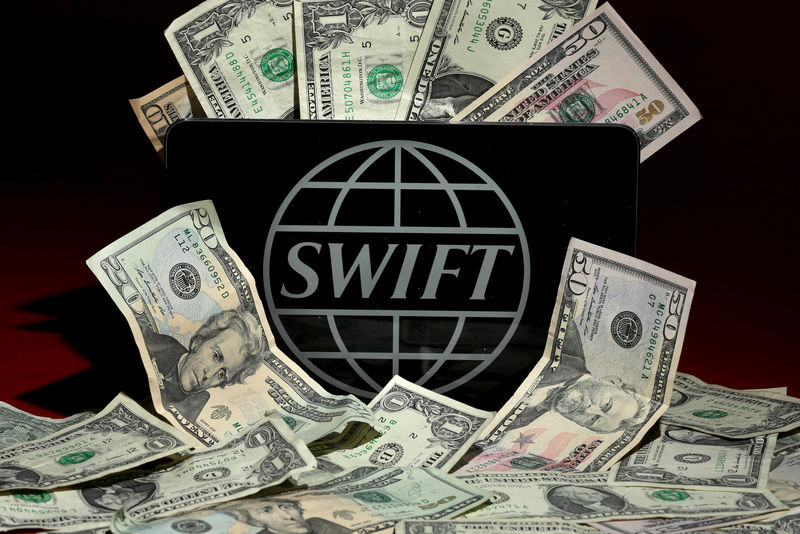By Nathan Layne
(Reuters) - SWIFT, the global financial messaging network that banks use to move billions of dollars every day, warned on Thursday of a second malware attack similar to the one that led to February's $81 million (£56 million) cyber heist at the Bangladesh central bank.
The second case targeted a commercial bank, SWIFT spokeswoman Natasha de Teran said, without naming it. It was not immediately clear how much money, if any, was stolen in the second attack.
While SWIFT had previously warned that the Bangladesh heist was not an isolated incident, and said its core messaging system remained intact, confirmation of a second attack on a bank will likely increase scrutiny on the security of a network that is a linchpin of the global financial system.
SWIFT said in a statement that the attackers exhibited a "deep and sophisticated knowledge of specific operational controls" at targeted banks and may have been aided by "malicious insiders or cyber attacks, or a combination of both."
The organisation, a Belgian co-operative owned by member banks and used by 11,000 financial institutions globally, said that forensic experts believe the second case showed that the Bangladesh heist "was not a single occurrence, but part of a wider and highly adaptive campaign targeting banks."
News of a second case comes as authorities in Bangladesh and elsewhere investigate the February cyber theft from the Bangladesh central bank account at the New York Federal Reserve Bank. SWIFT has acknowledged that that scheme involved altering SWIFT software to hide evidence of fraudulent transfers, but that the messaging system it controls was not compromised.
In both cases SWIFT said insiders or cyber attackers had succeeded in penetrating the targeted banks' systems, obtaining user credentials and submitting fraudulent SWIFT messages that correspond with transfers of money.

In the second case SWIFT said attackers had also used a kind of malware called a "Trojan PDF reader" to manipulate PDF reports confirming the messages in order to hide their tracks.